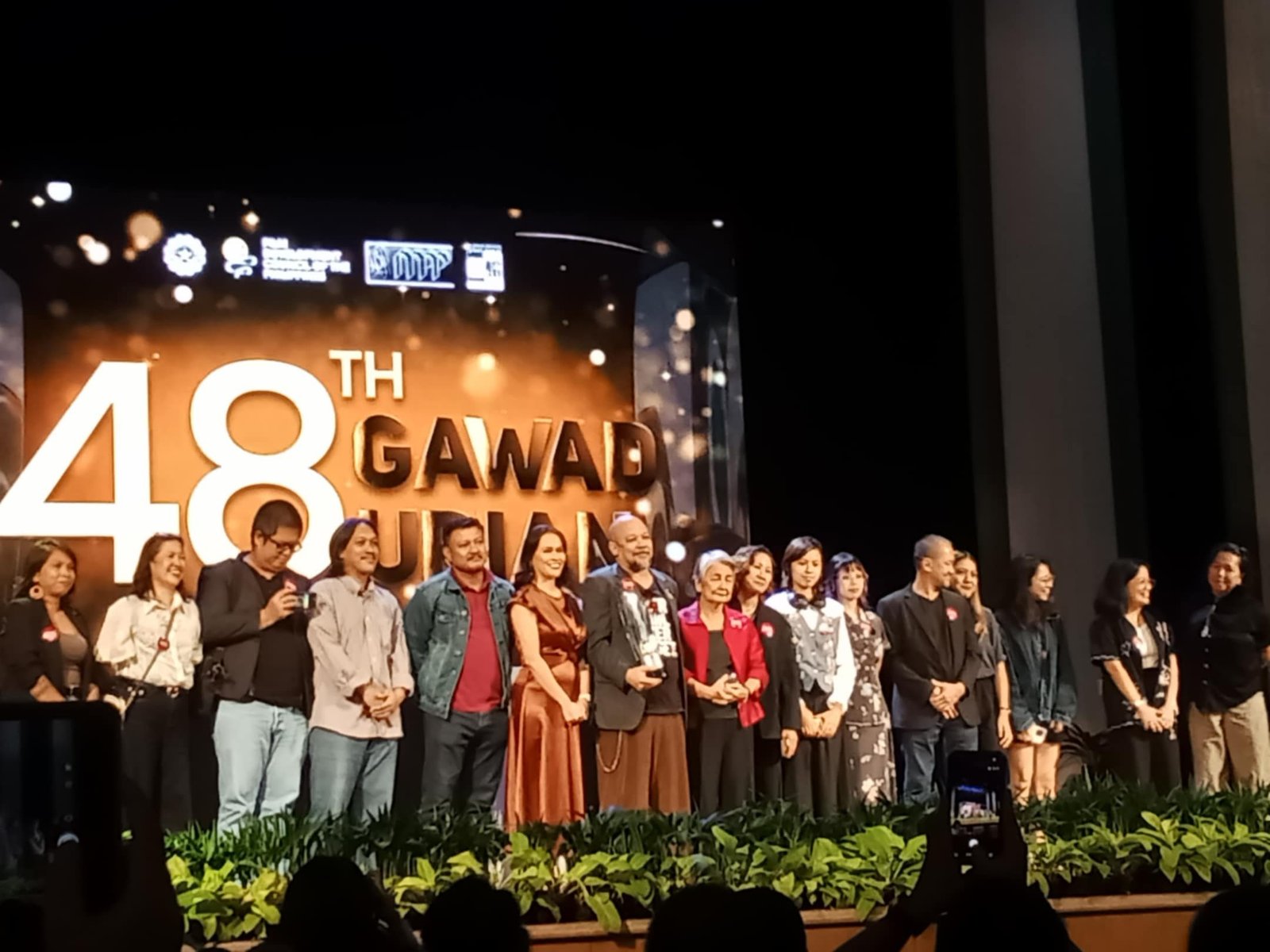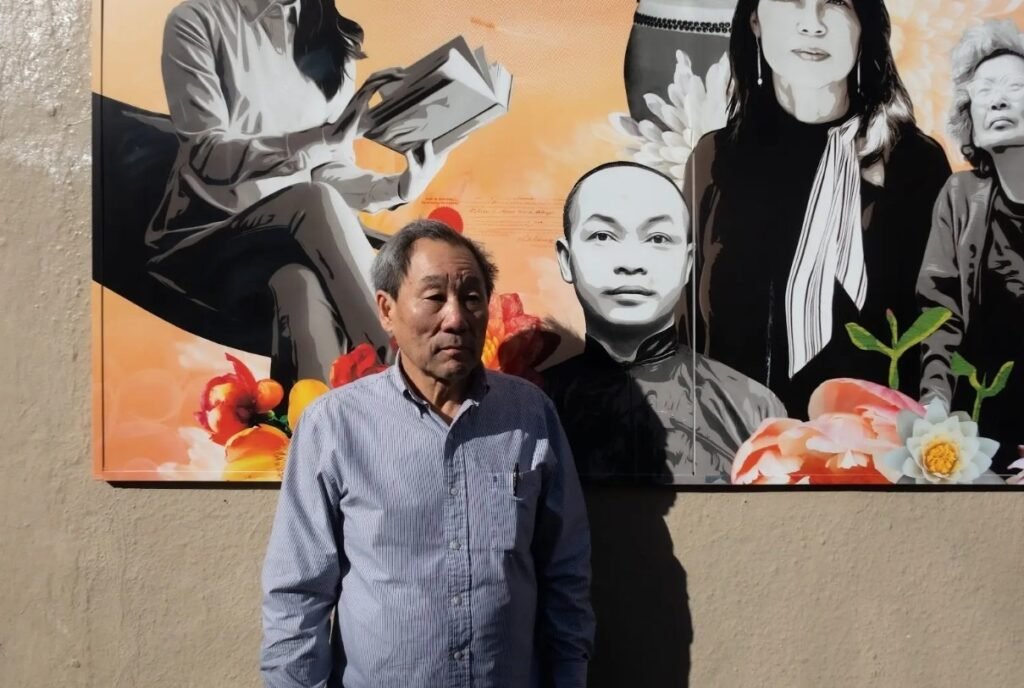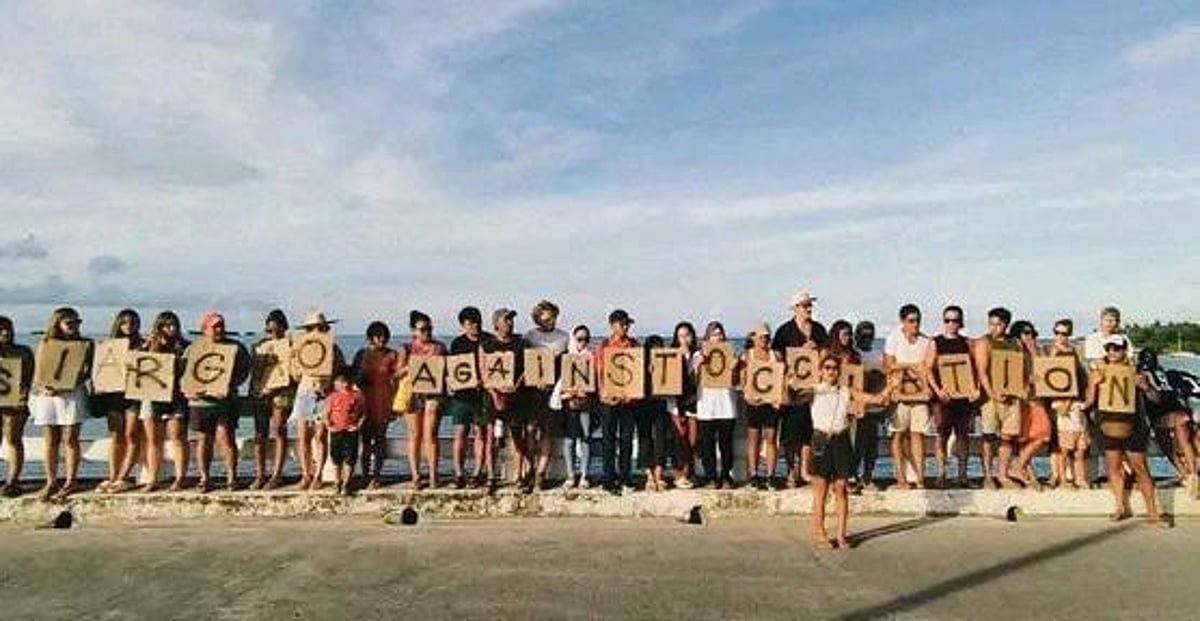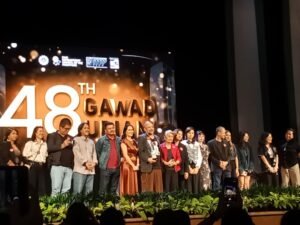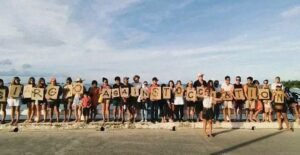By Aneela Mirchandani
This morning, San Francisco’s city attorney and Asian American leaders condemned the Supreme Court’s ruling that narrows the injunction against President Donald Trump’s executive order banning birthright citizenship. They vowed to fight on.
“We cannot depend on the courts to save us,” said Annie Lee, managing director of policy at Chinese for Affirmative Action (CAA) and Stop AAPI Hate.
They had gathered in Chinatown, a neighborhood filled with history. More than a century ago, in the landmark United States v. Wong Kim Ark case, a young man born and raised just steps away on Sacramento street had fought for the right to be considered an American—and won.
He would have been “disappointed and angry” about SCOTUS ruling today, said Norman Wong, Ark’s great-grandson, in an interview with AsAmNews. Wong was present at the gathering this morning, where he read aloud the Emma Lazarus poem that is engraved on the pedestal of the Statue of Liberty.
Trump’s executive order, signed on his first day in office, denies the right of citizenship to babies born in the US unless at least one of their parents is a citizen or permanent resident. In February, a federal judge in Maryland temporarily blocked the executive order from taking effect nationwide.
This morning, in a blockbuster final day of the term, the court ruled 6-3 curtailing the ability of federal judges from issuing such nationwide injunctions.
The majority opinion for the conservatives, delivered by Justice Amy Coney Barrett, says that such “universal injunctions” as delivered by the Maryland judge exceed the authority of the judiciary. They did grant the injunction against the executive order for the plaintiffs in the case, however.
The court, therefore, acted in a way to reduce the judiciary’s own power.
The court did not rule on the constitutionality of the executive order banning birthright citizenship. This ruling was a response to an emergency application by the Trump administration.
In a scathing dissent, Justice Sonia Sotomayor pointed out that the Trump administration had not asked the court to rule on the constitutionality of the executive order because they knew it would be deemed unconstitutional.
“The Government instead tries its hand at a different game,” her dissent said. “It asks this Court to hold that, no matter how illegal a law or policy, courts can never simply tell the Executive to stop enforcing it against anyone.”
“Yet, shamefully, this Court plays along,” she added.
However, none of the parties who have sued to block this order from taking effect are backing down.
The city of San Francisco joined a lawsuit along with Washington DC and 18 other states the day after the executive order was filed, asking the court to enjoin the Trump administration from activating the order.
City Attorney David Chiu pointed out during the morning’s gathering that the case had been remanded back to lower courts to decide whether nationwide injunctions were truly necessary.
“Birthright citizenship is still enshrined in the constitution,” Chiu said. “The SCOTUS ruling says nothing either way on that.”
Now, the city plans to appeal to the California district court.
“The City has every reason to believe the District Court will deem a nationwide injunction necessary to provide complete relief to San Francisco and the State Plaintiffs,” said Alex Barrett-Shorter from Chiu’s press office in an email to AsAmNews.
Birthright citizenship has been part of the constitution since the 14th Amendment was ratified in 1868.
“All persons born or naturalized in the United States, and subject to the jurisdiction thereof, are citizens of the United States and of the State wherein they reside,” the text of the amendment reads.
Despite this, Trump has long promised to end birthright citizenship—from the time he first entered the political arena a decade ago. Calling them “anchor babies,” which is generally considered a racist term, he came out of the gate in 2015 promising to end birthright citizenship.
Birthright citizenship as guaranteed by the 14th Amendment was cemented in 1898 when a young resident of Chinatown in San Francisco was blocked from entering the US after a visit to China, even though he had been born in the US of legal immigrant parents.
His case eventually went up to the Supreme Court, which ruled in favor of his citizenship rights.
Norman Wong, Ark’s great-grandson, spoke to AsAmNews about his ancestor’s feeling for the country as an unrequited love story.
“He considered himself an American, but he was never given the rights of an American,” Wong said. “Without the labor of immigrants,” Wong added, “the American dream could turn into an American nightmare.”
Support our June Membership Drive and receive member-only benefits. With less than three days left in our fundraising drive, we are running out of time. We are just 57% of our goal of $10,000 in new donations and monthly and annual donation pledges and 48% of our goal of gaining 25 new recurring donors by the end of the month. We need your help during these challenging times. Please help to ensure quality content in amplifying the voices of the AAPI community.
We are published by the non-profit Asian American Media Inc and supported by our readers along with the Robert Wood Johnson Foundation, AARP, Report for America/GroundTruth Project & Koo and Patricia Yuen of the Yuen Foundation.
You can make your tax-deductible donations here via credit card, debit card, Apple Pay, Google Pay, PayPal and Venmo. Stock donations and donations via DAFs are also welcomed. Contact us at info @ asamnews dot com for more info.
